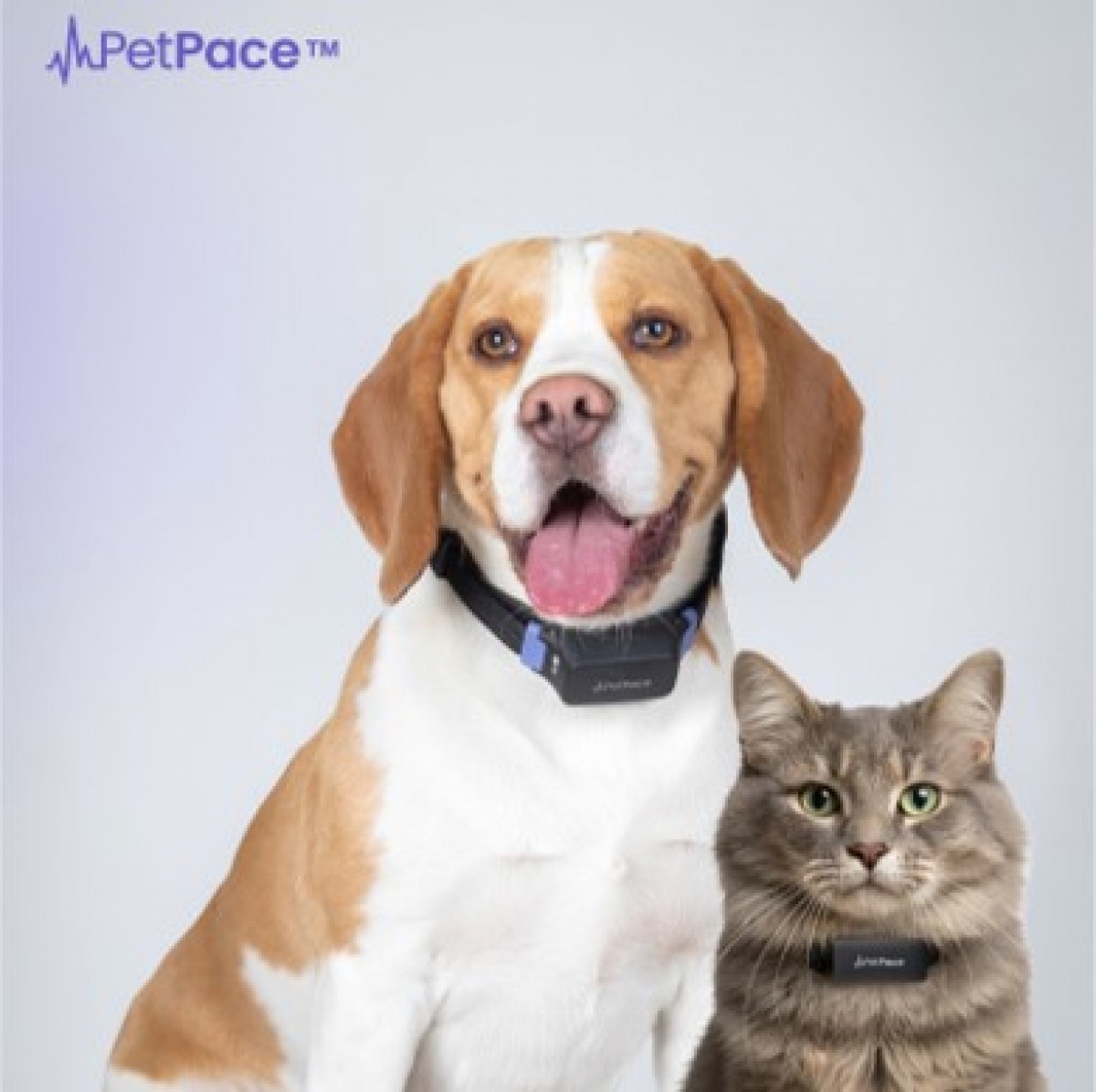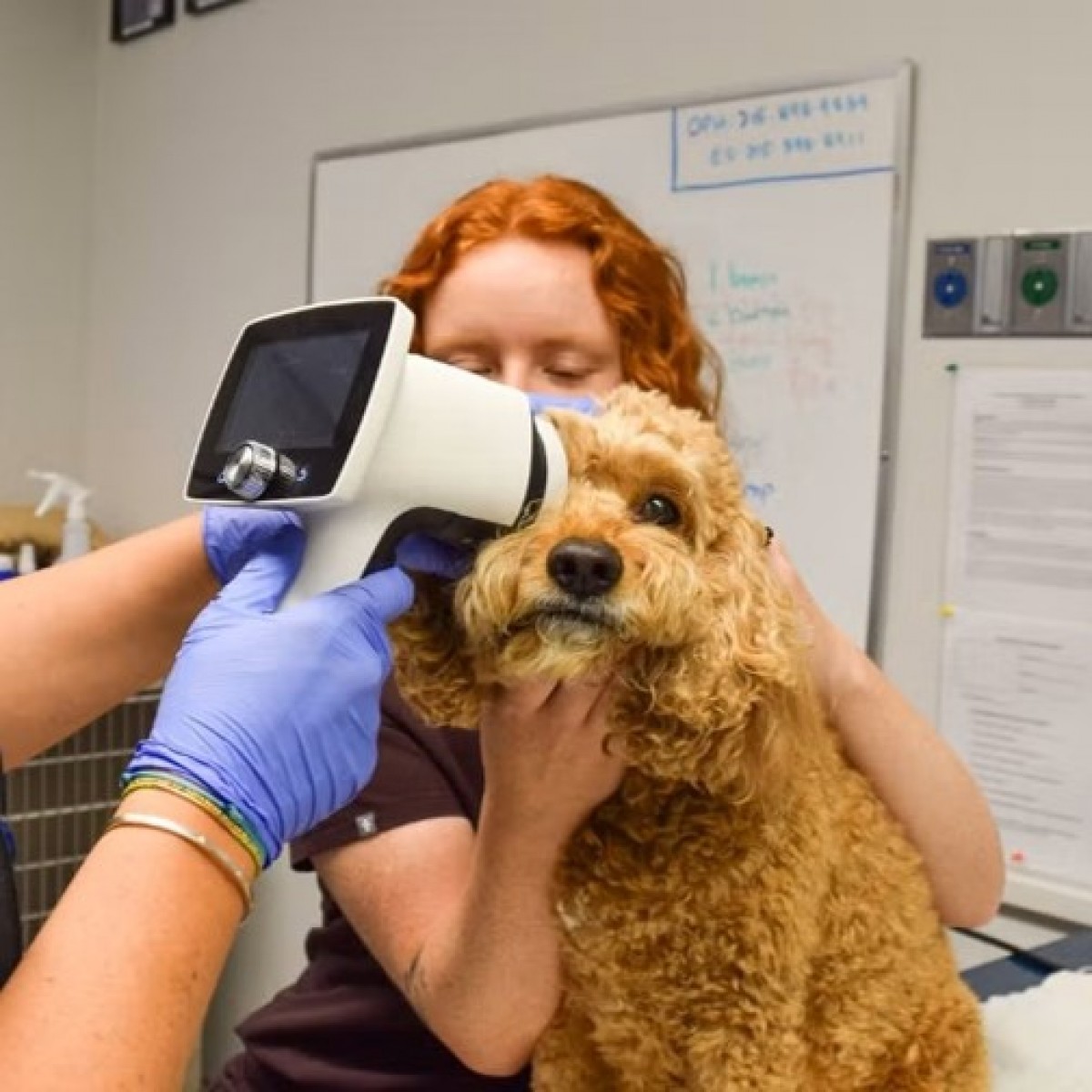Effects of fecal microbiota transplantation in dogs with chronic enteropathies
Chronic enteropathy is common in dogs, but not all dogs will respond satisfactorily to standard treatment. A few case reports suggest that fecal microbiota transplantation (FMT) can be used in dogs if standard treatments fail.
Here, the authors report the effects of fecal microbiota transplantations in 41 dogs with chronic enteropathy, with a follow-up time of 3–41 months.
None of the dogs had previously responded satisfactorily to standard treatment. Most dogs received three FMT treatments with 10–20 days’ interval in between.
The treatment was given in parallel with the maintenance medical treatment and diet the dog was already being treated with. After treatment, 31/41 dogs had decreased clinical signs, with most dogs showing less diarrhea and/or becoming more active.
From 16 dogs, fecal samples were taken before the first FMT. Dogs with a more severe dysbiosis, as indicated by a severely increased fecal dysbiosis index, responded more poorly to FMT compared to those dogs with milder form of dysbiosis.
The study supports previous case reports that fecal microbiota transplantation can be useful as an adjunct to the standard treatment of dogs with chronic enteropathy.
Toresson L, Spillmann T, Pilla R, Ludvigsson U, Hellgren J, Olmedal G, Suchodolski JS. "Clinical Effects of Faecal Microbiota Transplantation as Adjunctive Therapy in Dogs with Chronic Enteropathies—A Retrospective Case Series of 41 Dogs." Veterinary Sciences. 2023; 10(4):271. https://doi.org/10.3390/vetsci10040271














List
Add
Please enter a comment